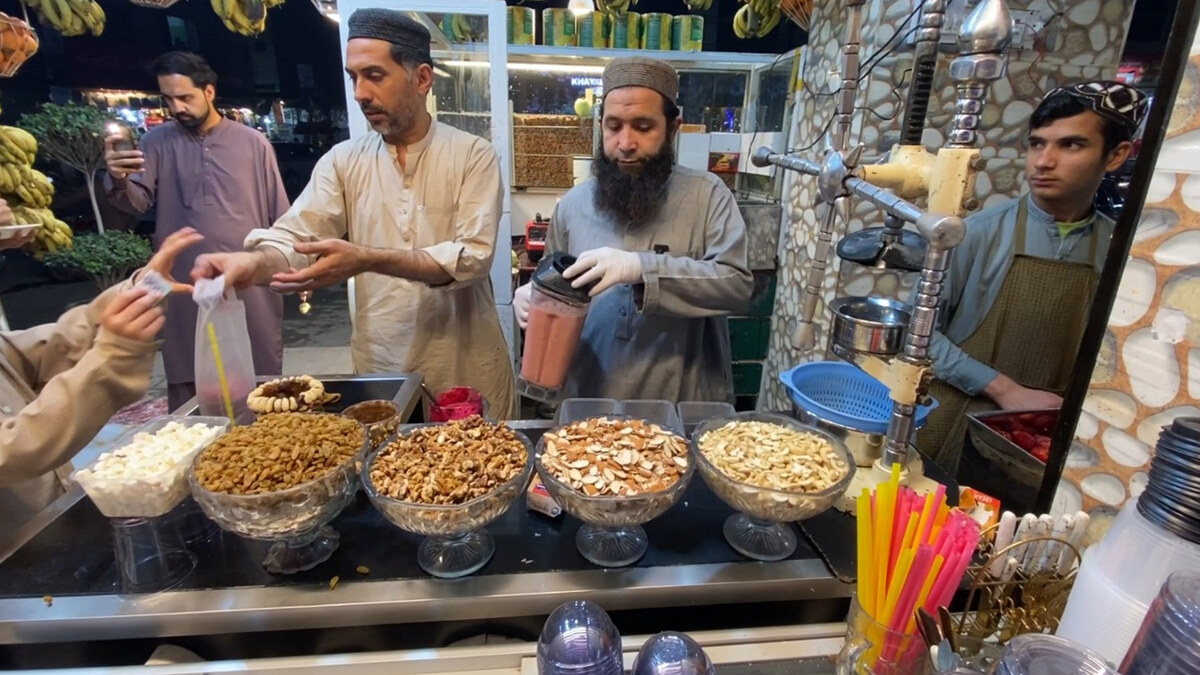KARACHI: Pakistani health authorities confirmed a fifth case of the mpox virus in the country on Wednesday, identifying the patient as a resident of the northwestern district of Lower Dir who had been isolated at home after displaying symptoms of the disease and testing positively for it.
The World Health Organization has declared a global health emergency over the spread of a new mutated strain of mpox named clade I, which first emerged in the Democratic Republic of Congo and has since spread to several countries, leading to increased monitoring and preventive measures worldwide.
Since it confirmed its first mpox case last month, Pakistan has implemented stringent screening protocols at all airports and border entry points.
“The fifth case of mpox reported in Pakistan,” the health ministry spokesperson in a statement said on Wednesday. “The citizen belongs to Lower Dir and has travel history from Gulf countries.”
The statement said the patient was referred for testing by the health department of the northwestern Khyber Pakhtunkhwa province based on symptoms he displayed during screening at the airport. He was now isolating at home, the ministry said.
Dr. Mukhtar Bhart, the Prime Minister’s Coordinator for Health, said the federal ministry of health was working closely with provincial authorities to monitor new cases.
Patients who contract mpox get flu-like symptoms and pus-filled lesions. Mpox is usually mild but can kill, and children, pregnant women and people with weakened immune systems are at higher risk of complications from the infection.
Earlier this week, health authorities had declared Pakistan’s KP province mpox-free after all four patients previously infected with the virus recovered.



















